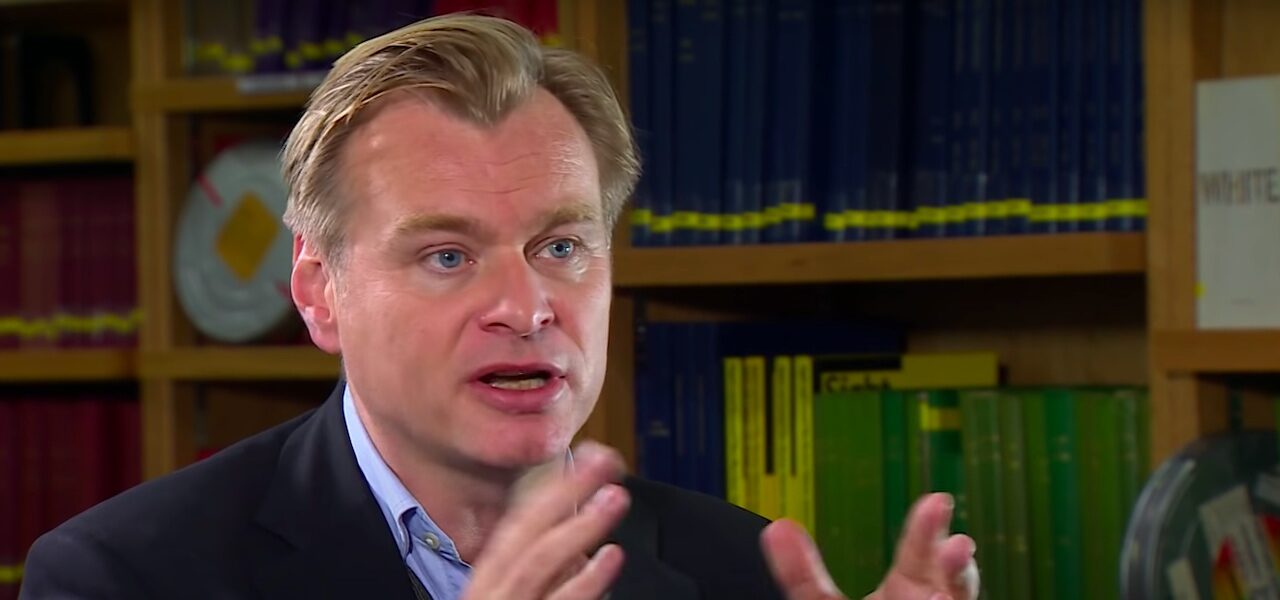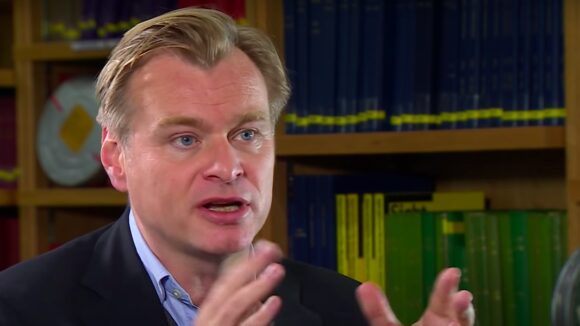

Christopher Nolan Slams Warner Bros. Streaming Strategy: ‘It’s Very, Very, Very, Very Messy’
Christopher Nolan, the director of Warner Bros.’s Tenet, is leading the chorus of voices condemning the studio’s radical new distribution strategy, which will see its entire 2021 slate of features come out day-and-date in theaters and on HBO Max (at least in the U.S.).
Asked by ET Online about Warnermedia’s decision, Nolan said: “In 2021, they’ve got some of the top filmmakers in the world, they’ve got some of the biggest stars in the world who worked for years in some cases on these projects very close to their hearts that are meant to be big-screen experiences … And now they’re being used as a loss-leader for the streaming service … without any consultation. So, there’s a lot of controversy. It’s very, very, very, very messy.”
Nolan provided a further statement to The Hollywood Reporter: “Some of our industry’s biggest filmmakers and most important movie stars went to bed the night before thinking they were working for the greatest movie studio and woke up to find out they were working for the worst streaming service … [Warnermedia’s] decision makes no economic sense, and even the most casual Wall Street investor can see the difference between disruption and dysfunction.”
The director’s words carry weight in part because he has a longstanding relationship with Warner Bros. He has worked with the studio on nine features, dating back to 2002’s Insomnia. This summer, Warner Bros. went against the grain by giving Tenet a theatrical release mid-pandemic; the film has grossed around $360 million worldwide, including an underwhelming $58 million domestically.
Nolan alludes to the widespread anger among talent involved with Warner Bros.’s 2021 films, who were blindsided — like everyone else — by the studio’s move. Some, like Nolan, are advocates of the theatrical experience in and of itself, and are dismayed that their film’s theatrical release is being undermined — they reportedly include Denis Villeneuve, director of the Dune remake.
Warnermedia’s new strategy also has huge implications for profit participation (the arrangements whereby talent are compensated in line with their film’s revenue). The company resolved this issue with Wonder Woman 1984, which it will release simultaneously on HBO Max and in theaters later this month, by writing generous paychecks to the key people involved.
But agents say this is unlikely to happen for all the 2021 films. James Gunn, director of The Suicide Squad, is said to be unhappy with the company’s proposal for compensating him and his colleagues. “Warners was the quintessentially talent-friendly, filmmaker-friendly studio,” one agent told The Hollywood Reporter. “Now Warners isn’t the first place, second place, or third place you want to go.”
Meanwhile, Variety reports that Legendary Entertainment, one of the production companies behind Dune and Godzilla vs. Kong, is trying to negotiate the terms of their films’ releases, and is considering legal action if that fails.
John Stankey, CEO of Warnermedia’s parent company AT&T, defended the new strategy in the wake of Nolan’s comments, calling it a “win-win-win” for Warnermedia, its partners, and audiences. “Anytime you’re going to change a model,” he said, “it’s going to create a degree of noise.”
Stankey argued that consumer reluctance to go to theaters during the pandemic forced the company’s hand, and that selling Warner Bros.’s films to rival streaming platforms would have made little sense. HBO Max, he added, has gained four million subscriber activations in the past two months, bringing the total to nearly 12.6 million.
Warner Bros.’s 2021 slate doesn’t contain any fully animated features, but it does have two hybrid features based on classic animation properties: Tom & Jerry and Space Jam: A New Legacy.

